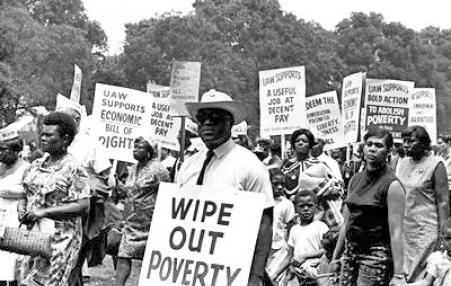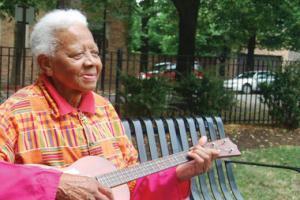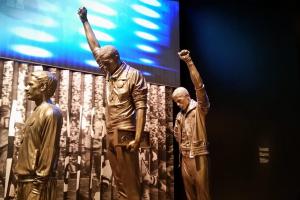The Funke Wisdom of Chocolate Cities
Arcus Center for Social Justice Leadership
 A Review of Chocolate Cities: the Black Map of American Life by Marcus A. Hunter & Zandria F. Robinson, University of California Press. Chocolate Cities is an ode to agency. A work of truth-telling without polemics, this book almost literally breaks new ground, revising our most basic ideas of US geography while questioning the truth claims of social science itself.
A Review of Chocolate Cities: the Black Map of American Life by Marcus A. Hunter & Zandria F. Robinson, University of California Press. Chocolate Cities is an ode to agency. A work of truth-telling without polemics, this book almost literally breaks new ground, revising our most basic ideas of US geography while questioning the truth claims of social science itself.









Spread the word